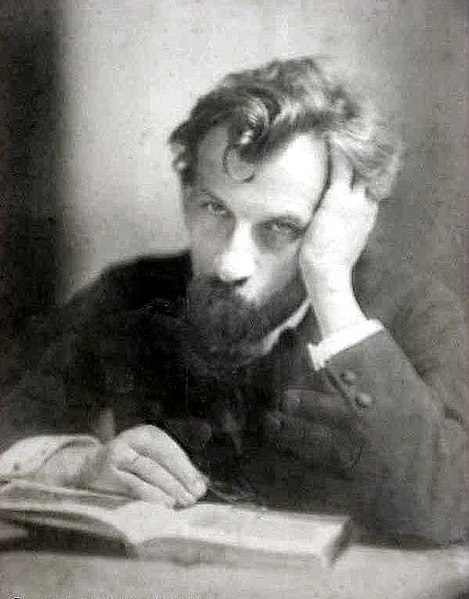Infinite photos and videos for every Wiki article ·
Find something interesting to watch in seconds
Tallest Buildings
Rare Coins
Celebrities
Great Artists
World Banknotes
British Monarchs
Countries of the World
History by Country
Orders and Medals
Sports
Great Museums
Wonders of Nature
Supercars
Richest US Counties
Crown Jewels
Best Campuses
Famous Castles
Wars and Battles
Largest Palaces
Ancient Marvels
Recovered Treasures
Presidents
Largest Empires
Great Cities
Kings of France
Animals
more top lists





